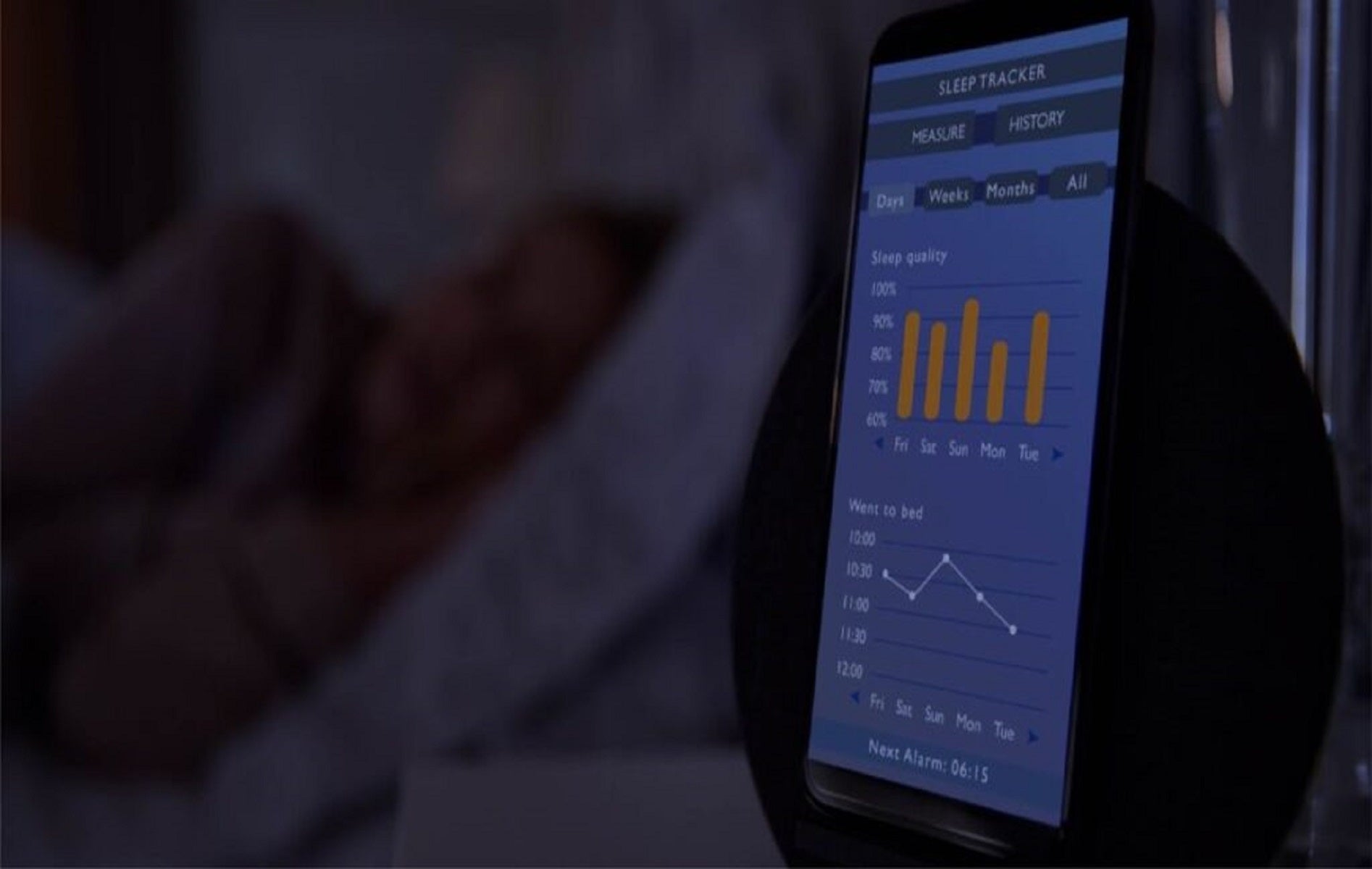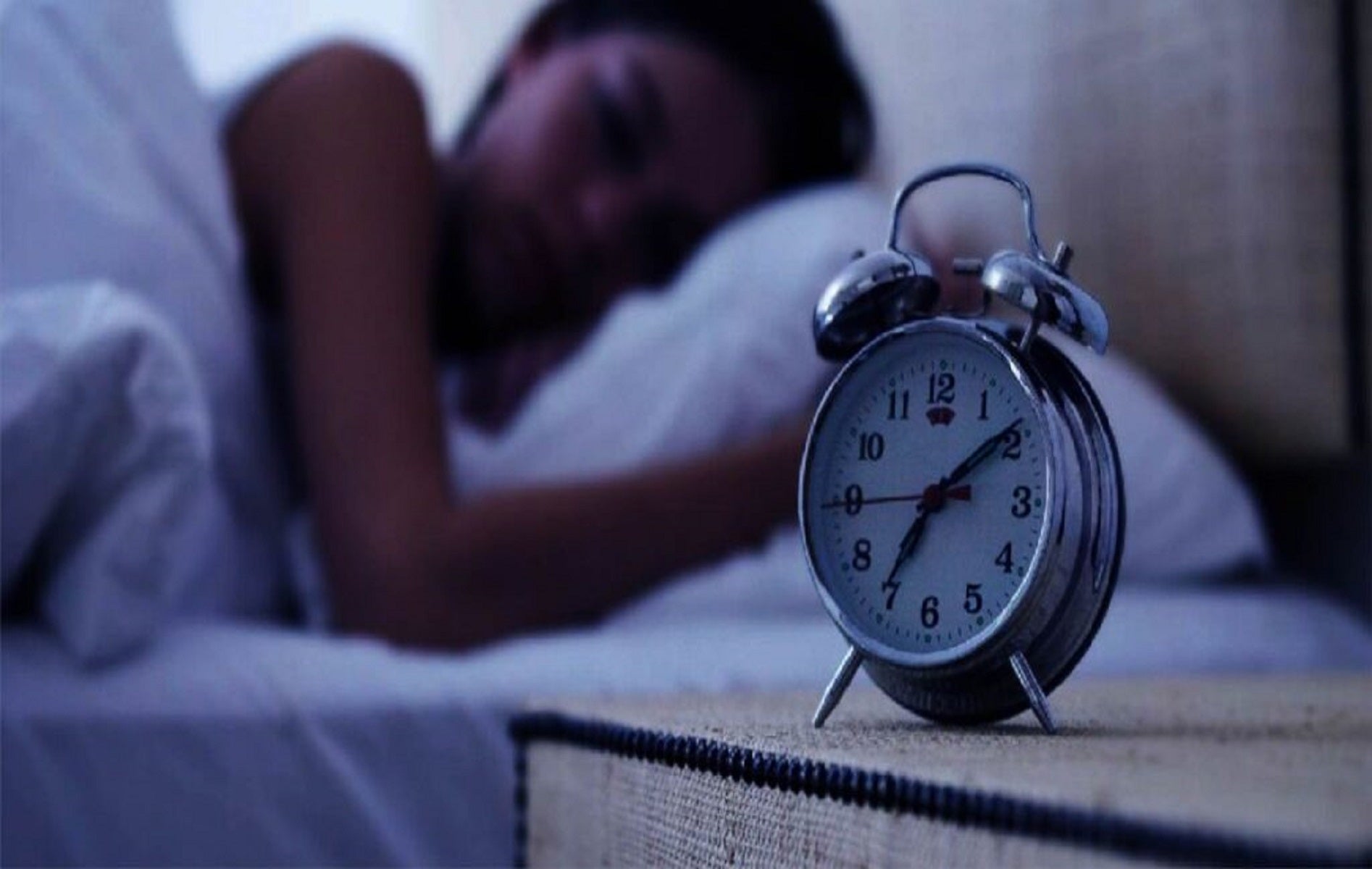
How to Sleep Better: 20 Science-Backed Tips for The Best Sleep of Your Life (Part 4)
- 18. Repay Sleep Debt
A study that followed the sleeping patterns of participants for 13 years found catching up on sleep and effectively repaying sleep debt reduced risk of early death. Another study concluded that it takes four days to make up just one hour of lost sleep.
Sleep debt can be hard to avoid, but sticking with a consistent sleep schedule will help avoid sleep debt from piling up.
- 19. Learn About The Sleep Cycle
Each of these stages plays a different role in our rest and recovery. You’ve probably heard about REM sleep and deep sleep. There is much more to the sleep cycle than just the terms we’ve heard before.
This information is especially important if you use a sleep tracker. While sleep trackers are not 100% accurate, knowing the basics of the sleep cycle can give you an insight into the amount of time you spend in each stage of sleep.
- 20. Find Your Sleep Chronotype
If you’re still tired after a full night’s sleep, it’s a sign that your bedtime routine isn’t in sync with your chronotype. As a result, if you want to unlock your true potential and avoid sluggishness during the day, you must adjust your sleep schedule.
Despite all the research, surveys, and experiments, we are still far from decoding the exact science behind sleep. One thing is certain: it’s not about the amount of hours you sleep, but rather about the quality of your sleep.
The tips outlined above are proven ways to help you sleep. If your goal is to optimal sleep, improve your health, and productivity, continued sleep deprivation puts your body under a great deal of stress, and weekend recovery sleep isn’t enough to make up for it. If you want to sleep better and be more productive, pay more attention to your sleep on a daily basis.
If you’re looking for even more sleep tips, visit our blog!


